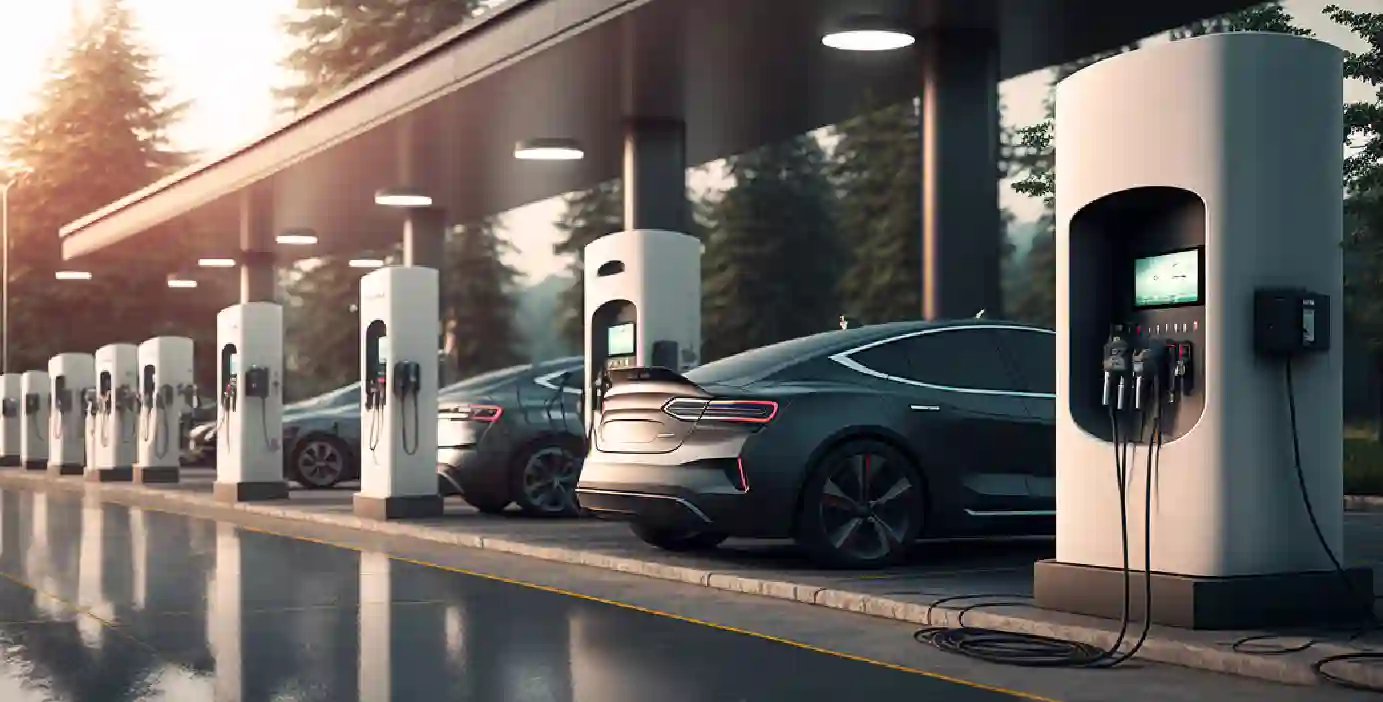
Electric vehicles, powered by electric motors and batteries, are gaining popularity due to their lower environmental impact and increased availability of charging infrastructure.
Know More
The automobile industry uses artificial intelligence (AI) for applications such as autonomous driving, predictive maintenance, and driver support systems.
Know More
The construction and mining sectors rely on specialised equipment and technology to operate heavy machines safely and efficiently.
Know More
Automotive component manufacturers offer car manufacturers with specific parts and components such as engines, gearboxes, brakes, and suspension systems.
Know More
The use of electric cars and related technologies, such as charging infrastructure and battery technology, is being introduced to reduce the environmental effect of transportation.
Know More
The development of innovative materials and manufacturing techniques is critical for enhancing vehicle performance while minimising environmental effect in the manufacture of metals, polymers, and composites.
Know More
The automotive aftermarket is a market for car replacement parts, accessories, and services that range from routine maintenance to post-purchase performance improvements.
Know More
Vehicle manufacturers and the aftermarket rely on automotive parts manufacturers for particular vehicle components such as engines, gearboxes, brakes, and suspension systems.
Know More
Automotive logistics is the management of the automotive industry's supply chain, which includes the efficient transportation, storage, and distribution of automobiles and parts to consumers.
Know More
Automotive Composites Market Size, Outlook and Opportunities The automotive composites mar
Know More...
Automotive Composites Market Size, Outlook and Opportunities The automotive composites mar
Know More...
Automotive Composites Market Size, Outlook and Opportunities The automotive composites mar
Know More...The automobile sector is undergoing a substantial transition due to AI and IoT technology integration. The growth of autonomous, connected automobiles has increased thanks to the Autonomous Driver Assistance System (ADAS) business, particularly in North America and Europe. This trend is being pushed by increased accidents, which has prompted a shift towards autonomous cars that can adapt to their environment without human interference.
Know More
Research Methodology: Towards Automotive conducted thorough primary research, including interviews with industry experts, General Motors (GM) executives, employees, and financial analysts. This primary data was supplemented by comprehensive analysis of financial reports, regulatory filings,
Know More
Research Methodology: Towards Automotive conducted extensive primary research, including interviews with industry experts, Volkswagen executives, regulatory officials, and affected consumers. This primary data was supplemented by thorough analysis of legal documents, court proceedings, inve
Know MoreWe offer automotive expertise for market projections and customizable research, adaptable to diverse strategic approaches.
Contact Us